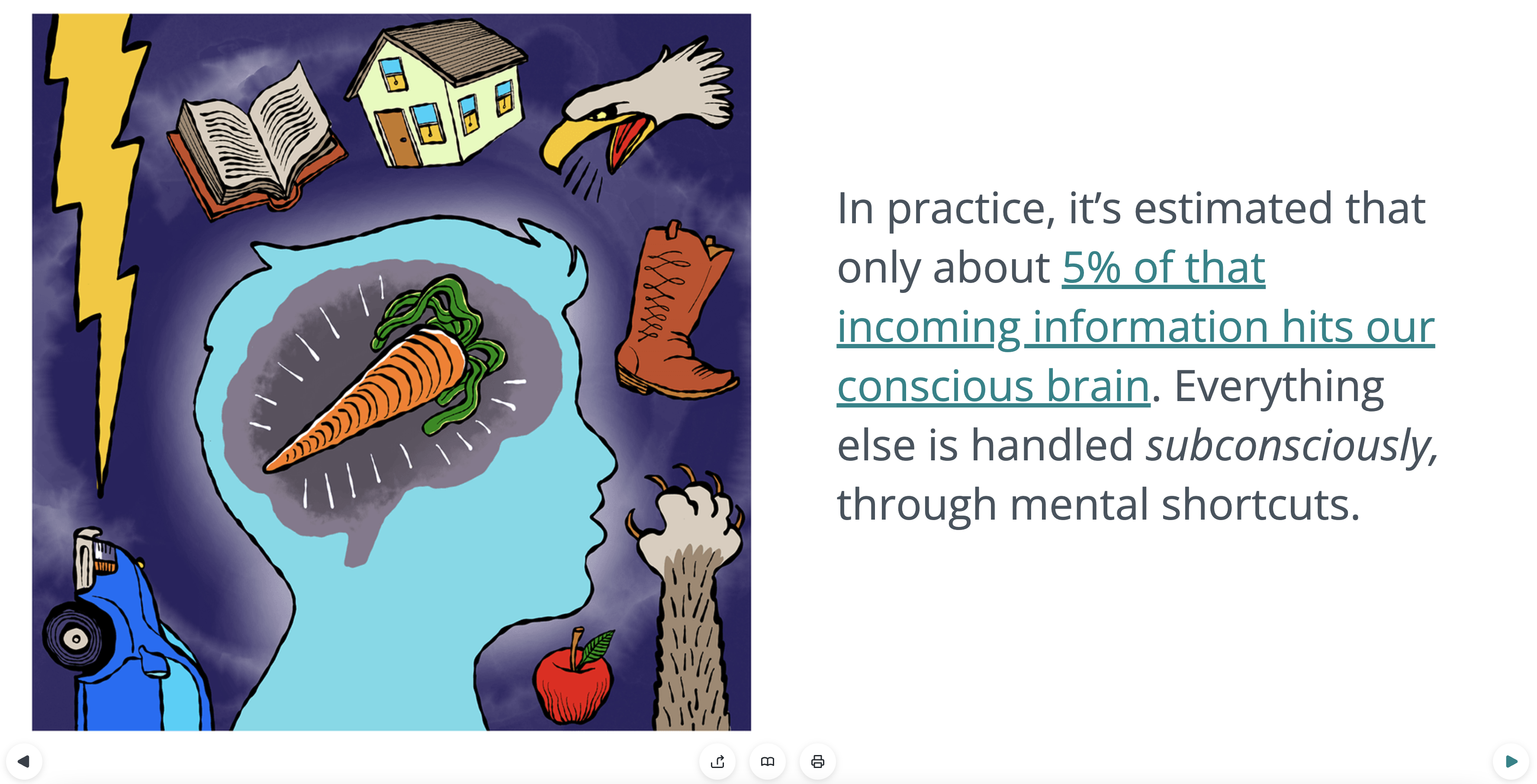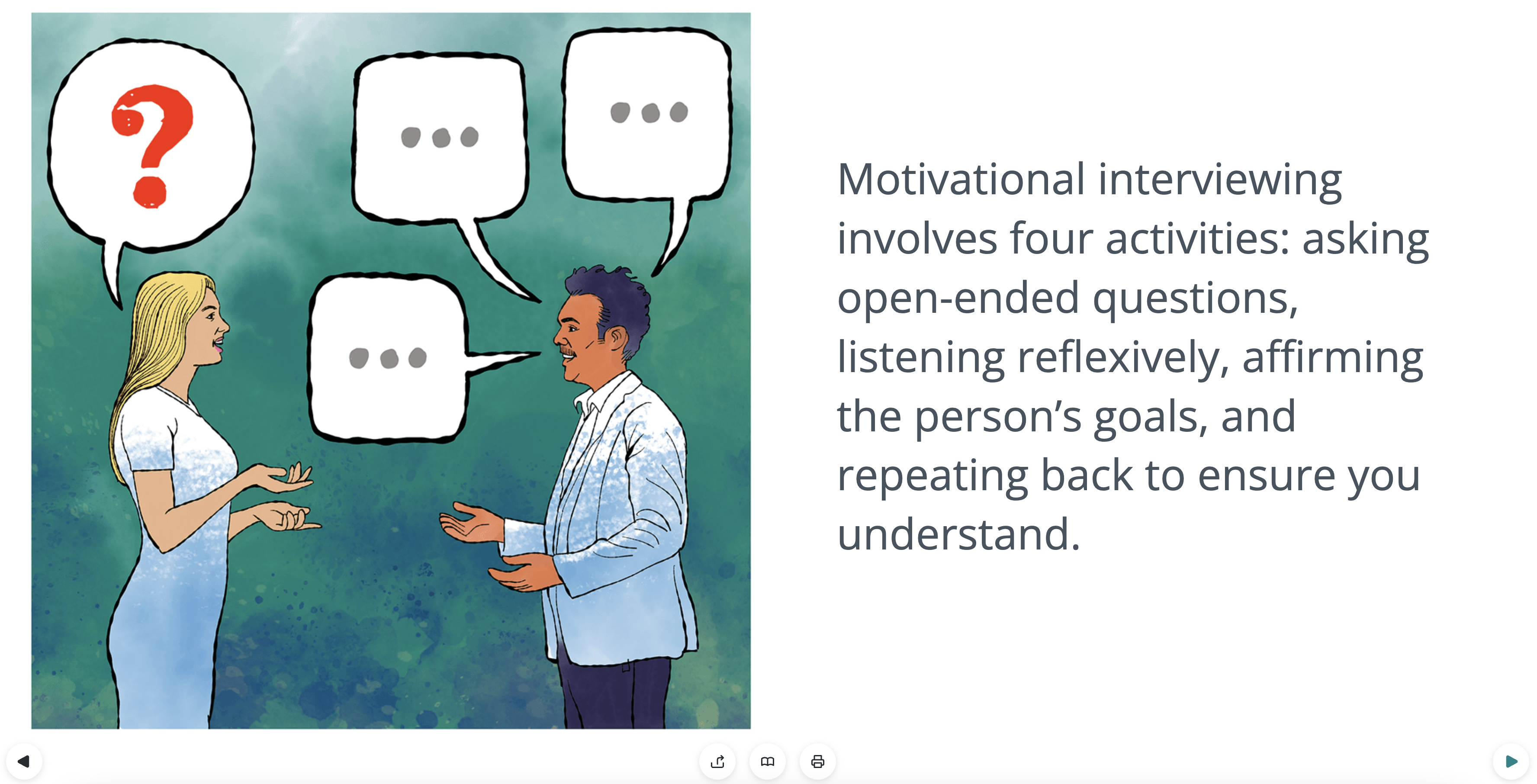The Lifeology SciComm Program has a new flashcard course to help you understand one reason why your science communication reaches some people and not others: motivated reasoning. Learn what motivated reasoning is and how to overcome it in this course.
Melanie Peffer and Eli Africa are the creators of this course. Melanie Peffer is a science communicator and author. One of her research interests is using learning analytics and Science Classroom Inquiry to assess how students understand science and how science knowledge is generated. Eli Africa is a multimedia artist who specializes in caricatures, graphic design and short-form video production. He also teaches art to kids and adults!
So what is motivated reasoning? It is a cognitive phenomenon in which emotional biases influence the decisions someone makes or what they believe, regardless of what evidence presents. In the course, the creators present a scenario where someone provides a series of lectures to increase public awareness of climate change and encourage eco-friendly changes. Regardless of the informative and sound information presented, participants still did not adopt eco-friendly changes. What gives?
It turns out that the participants had deep-rooted “motives.” Many things such as in-group bias or confirmation bias can cause these motives. Then, these motives can cause decisions to be made based on our motives rather than the evidence. We’ve all been guilty of motivated reasoning before.
In the course, learn how to overcome motivated reasoning in others through your communication. Some strategies include proposing thought-provoking activities to your audience or tasking them with motivational interviewing.
“Motivated cognition [including motivated reasoning] refers to the unconscious tendency of individuals to fit their processing of information to conclusions that suit some end or goal. […] Examples of the goals or needs that can motivate cognition are diverse. They include fairly straightforward things, like a person’s financial or related interests. But they reach more intangible stakes, too, such as the need to sustain a positive self-image or protect connections to others.” – Dan Kahan
Motivated reasoning is a natural phenomenon because of the way our brains have evolved to process the enormous amount of information we are exposed to each day. However, with some careful consideration, you can overcome the motivated reasoning of your audience—as well as your own motivated reasoning!
Check out the course to learn more. This one is full of useful information and spectacular illustrations.






